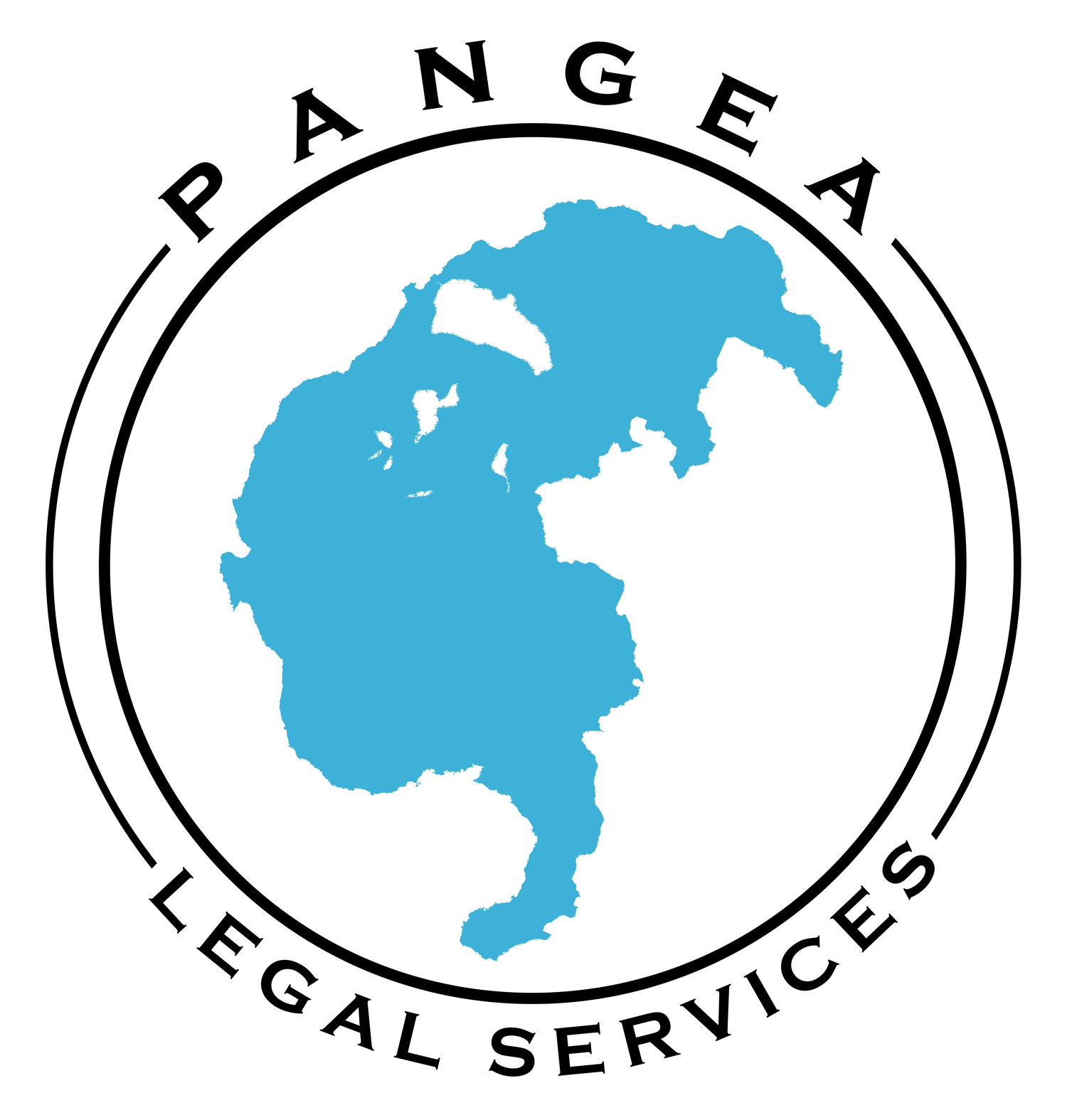Published by PSJD-NALP on April 20, 2015.
The Low Down on Low Bono:
Identifying a Need and Starting up a Nonprofit Organization
While the government funds many important pro bono programs in the United States, low-income communities are still underserved in many legal service areas: housing, family, criminal justice, public benefits, immigration and more. This article focuses on the gap in immigration and removal defense services in Northern California and how nonprofit organizations can sustain themselves while filling some of that gap.
More than 29,000 immigrants currently find themselves in court proceedings at the San Francisco Immigration Court.[1] Nationally, there are over 431,000 immigrants in court proceedings. With increased deportations nationwide, there is a clear need for court and immigration defense services. Immigrants in removal proceedings need a lawyer because of the complexity of immigration law and the negative consequences of deportation. Also, many immigrants in the court process are eligible for relief or protection under existing laws, and they may have a pathway to citizenship.
Unfortunately, only a small percentage of immigrants have immediate access to legal counsel. Private immigration attorneys can be prohibitively expensive. And most nonprofits, even in San Francisco, do not represent clients in complex removal proceedings. The key to this gap is providing access to counsel.
Pangea Legal Services (Pangea) is one example of an organization that was created to help bridge the access gap. While it hasn’t come without its challenges, Pangea created a low-fee, sliding-scale model that grew to five full-time employees between January 2013 and December 2014. Low bono, or affordable fee models similar to Pangea are growing around the country in various areas of law, creating a financially viable avenue to fill the justice gap.[2]
To continue reading, click here.
